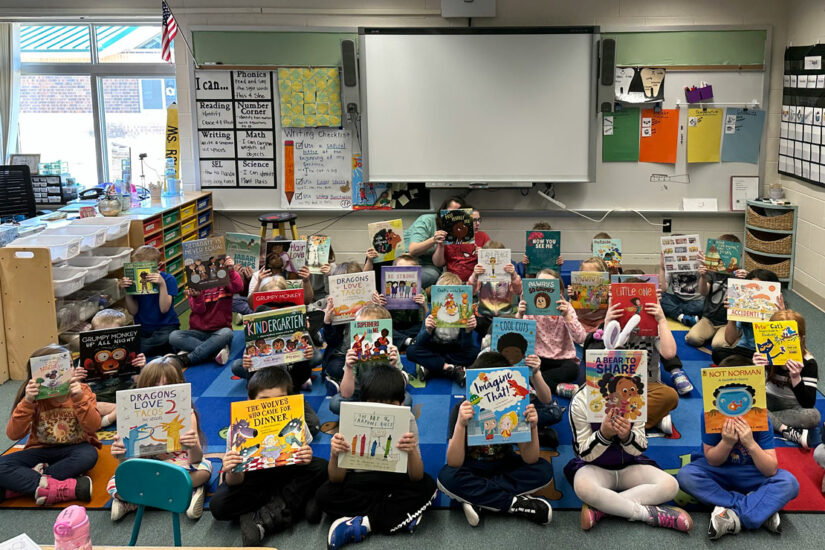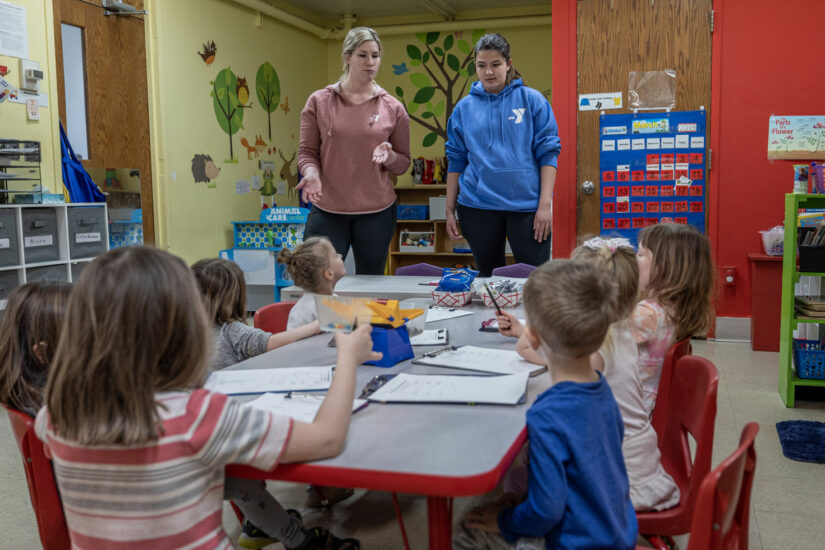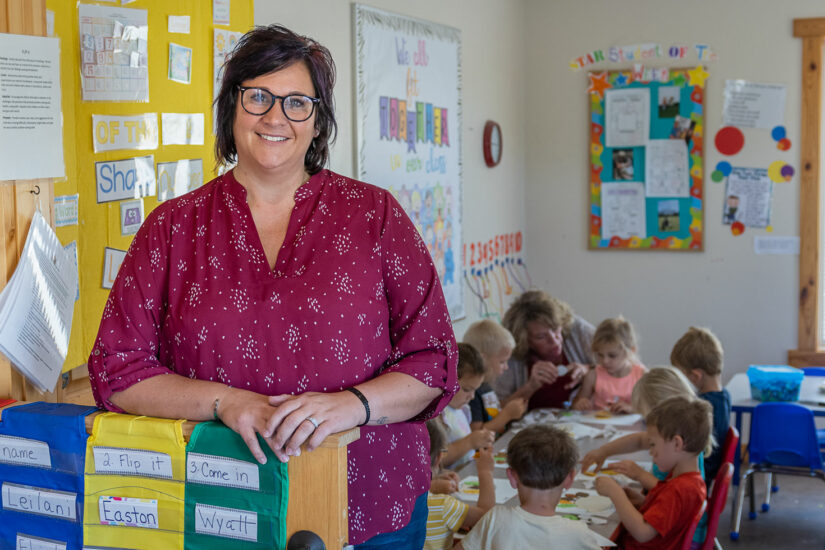Childcare Solutions
More than 15,000 Central Minnesota children face a critical challenge: They lack access to childcare, impacting their development and school-readiness. Equally important: While employers desperately seek skilled workers, many families can’t engage in the workforce due to the lack of quality, affordable care.
You play a vital role in addressing this issue, and the Initiative Foundation is here to help. The Foundation’s Childcare Solutions program offers a range of resources, including recruitment, training, community education, and child care business consulting. Together, we can find sustainable solutions and shape a brighter future for our region.
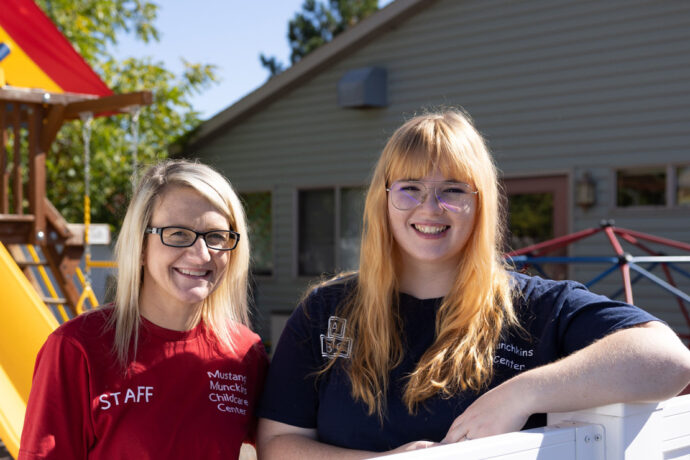
Childcare Education Support
From entry-level childhood development associate certificates to advanced degrees, three local institutions—Central Lakes College (Brainerd), Pine Technical and Community College and St. Cloud Technical and Community College—can offer Initiative Foundation-supported packages that allow students to graduate debt-free. The goal of the program is to recruit new workers into the sector and/or help them gain the credentials to earn higher pay.
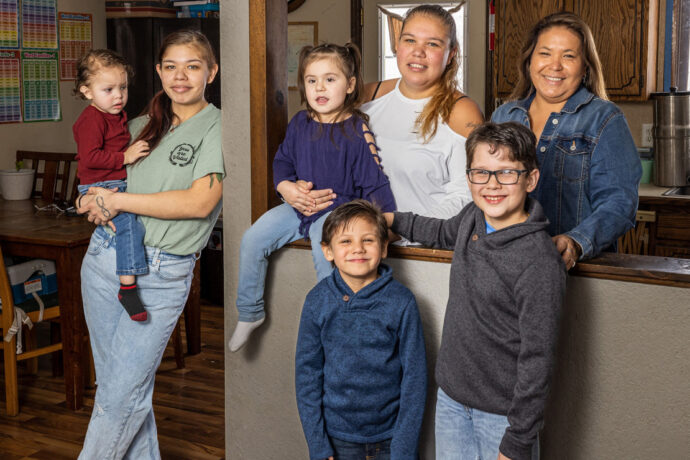
Community Facilitation
First Children’s Finance is contracted with the Initiative Foundation to engage employers, providers, school districts, parents and others affected by a lack of quality, affordable childcare. As a Community Development Financial Institution (CDFI), staff at First Children’s Finance present hard data on the size and location of childcare gaps. They help facilitate conversations about assets and challenges, and they have a shared goal of identifying practical strategies to improve local access. The Initiative Foundation can support up to three $10,000 grants annually to communities that complete the strategic-planning process. First Children’s Finance can also offer business consulting and financing. Email Candace Cegla or call (320) 288-2698 to learn more.
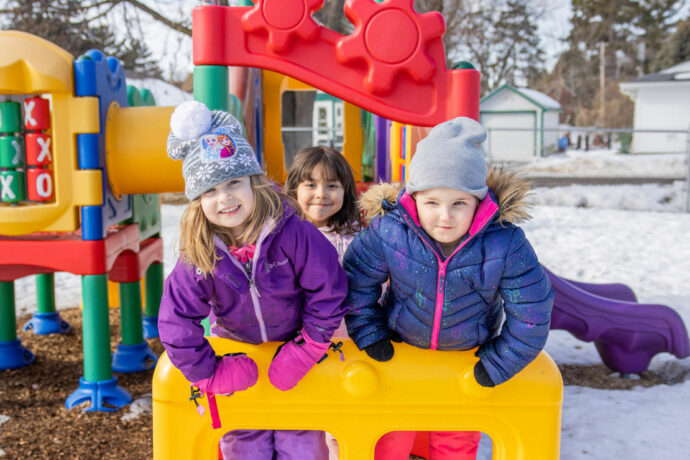
Business Consulting, Assistance
Business of Child Care is available to provide one-on-one business consulting and counseling for childcare providers. Any work with Business of Child Care is underwritten by the Initiative Foundation, thanks to grant support from the Minnesota Department of Employment and Economic Development.
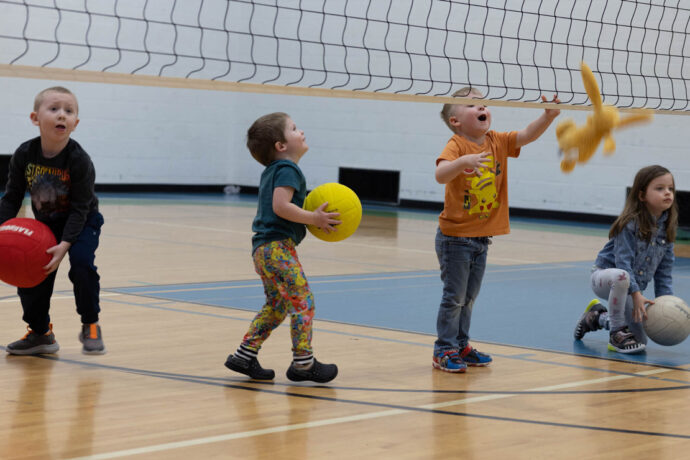
Early Childhood and Childcare Newsletter
Subscribe to the Initiative Foundation’s early childhood and childcare newsletter to stay in the loop on upcoming trainings, resources and other opportunities.
Contact Us
Reach out for questions about starting a childcare business, to explore solutions for your community or to share your ideas and innovative strategies.


News
Partnership Delivers $628,000 to Support Vulnerable Children
LITTLE FALLS, MN—The award of $77,000 in grants to 17 childcare providers and organizations during the first quarter of 2023 rounded out more than $628,000… Read More
IQ Magazine Stories
Front & Center: Child Care
Emerging community partnerships are taking shape to creatively influence Central Minnesota’s child care crisis. Read More
Help Wanted: Child Care Providers
Area colleges offer low-cost, no-cost accelerated early childhood certificates. Read More
Making Sure the Kids Are Alright
Supporting childcare operations and their essential workers. Read More
